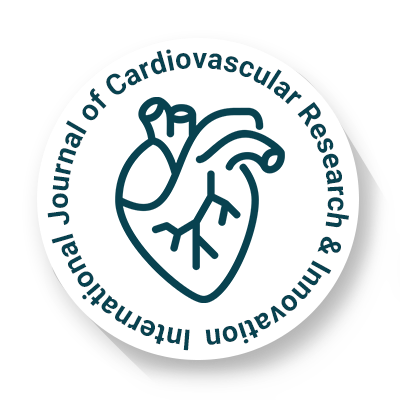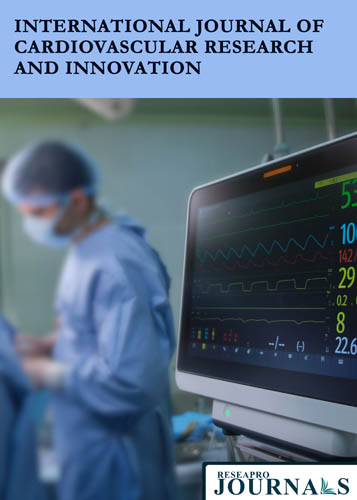
International Journal of Cardiovascular Research & Innovation
OPEN ACCESS

OPEN ACCESS

Department of Biotechnology, Utkal University, Bhubaneshwar, Odisha, India
Background
Cardiovascular diseases (CVDs) remain the leading global cause of morbidity and mortality, necessitating innovative research approaches to bridge the translational gap between preclinical and clinical settings. Traditional models, such as two-dimensional (2D) cell cultures and animal models, are limited in replicating human cardiac physiology. Cardiac organoids, derived from human pluripotent stem cells, have emerged as transformative tools in cardiovascular research, offering 3D models that recapitulate key structural and functional features of the human heart.
Objectives
This study aims to explore the potential of cardiac organoids in disease modelling, drug discovery, and regenerative medicine while addressing current limitations and proposing future directions for their translational application.
Methods
A comprehensive review of recent advancements in cardiac organoid research was conducted, focusing on methodologies for organoid generation, their applications in preclinical research, and innovations to overcome technical and biological limitations. Emphasis was placed on integrating multi-omics technologies, artificial intelligence (AI), and bioengineering approaches.
Results
Cardiac organoids have successfully modelled various cardiac conditions, including myocardial infarction, genetic cardiomyopathies, and congenital heart defects. Multi-omics technologies, such as genomics, transcriptomics, and proteomics, have elucidated molecular mechanisms, while AI-driven computational modelling has enhanced data analysis and predictive simulations. Despite their promise, challenges persist in achieving vascularization, cellular maturity, and scalability, limiting their clinical translation.
Conclusions
Cardiac organoids offer a physiologically relevant platform for advancing cardiovascular research. Their potential to revolutionize drug testing, personalized medicine, and regenerative therapies underscores their transformative impact. Addressing current limitations through interdisciplinary innovations, such as vascularized organoid systems and organoid-on-chip platforms, will enhance their translational utility. With continued advancements, cardiac organoids hold promise for improving therapeutic outcomes and understanding human heart diseases.
Department of Biotechnology, Utkal University, Bhubaneshwar, Odisha, India